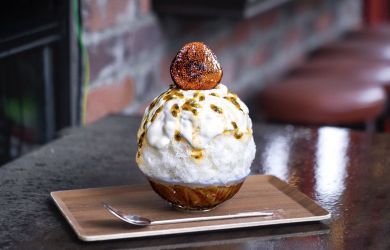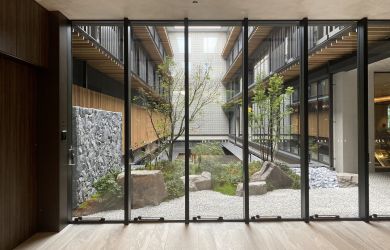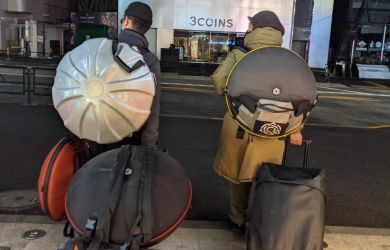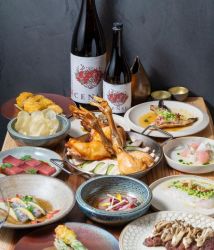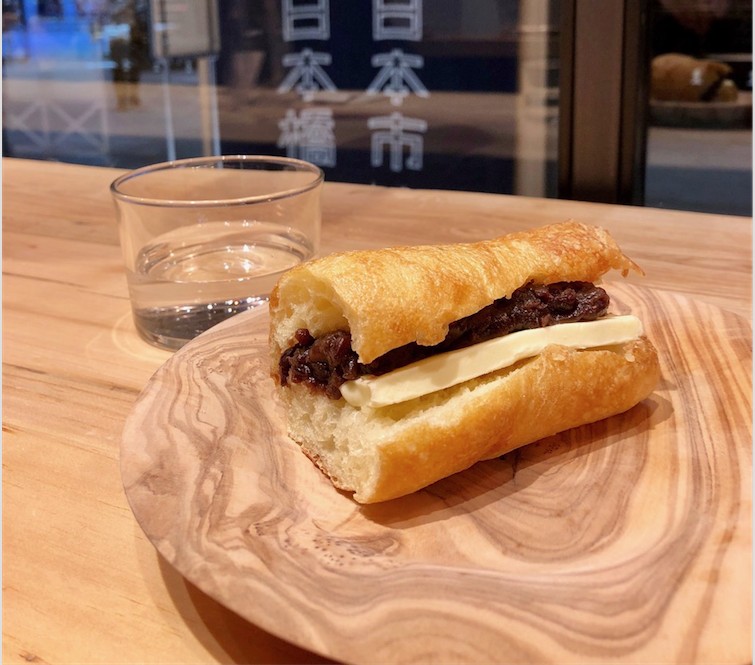
We Tokyoites are spoiled by the many bakeries offering a vast array of breads and pastries. If you’re lucky, you’ll have a good one near your home or office. Here are some others that are good to have on your radar for when you are in these neighborhoods. There are shops based on breads mostly from Europe, as well as Japanese-style bakeries.
There are traditional French boulangeries such as Maison Landemaine (2-10-5 Akasaka, Minato-ku), Viron (2-7-3 Marunouchi, Chiyoda-ku) and Jean Francois (6-10-1 Ginza, Chuo-ku) producing croissants, baguettes and buttery sweet kouign amann (Breton cake). For Italian breads check out Eataly (1-9-1 Marunouchi, Chiyoda-ku) or Peck (Shinjuku Takashimaya) for focaccia and ciabatta. Even German rye breads can be found at Kichijoji Linde (1-11-27 Kichijoji Honcho, Musashino-shi) or Akasaka KB Keiji (6-3-12 Akasaka, Minato-ku). Now, baker Tsukasa Miyawaki is offering Norwegian-style breads at Yanaka Vaner (2-15-6 Ueno-Sakuragi, Taito-ku). Maury Rubin from New York has brought his very popular City Bakery to Tokyo which is expanding. The latest shop is in Kichijoji (1-5-1 Kichijoji-Honcho, Musashino-shi).
Japanese bakeries offer up a wide variety of osouzai pan (bread with fillings, both sweet and savory). Ginza Kimuraya (4-5-7 Ginza, Chuo-ku) has been serving anpan (sweet azuki paste stuffed in a bread) garnished with a salted cherry blossom since 1875. Curry pan first appeared in 1877 at Morishita Cattlea (1-6-10 Morishita, Koto-ku). Recently koppe pan shops have become popular. These are soft and slightly sweet breads shaped like hot dog buns that are stuffed with sweet or savory fillings.
One bread trend is shokupan-specialty shops. Shokupan is the soft white bread that is used for making toast and sandwiches. While Asakusa’s Pelican (4-7-4 Kotobuki, Taito-ku) has been baking these since 1942, newcomers to the scene include Futakotamagawa Azuki (3-9-3 Tamagawa, Setagaya-ku), Aoyama Viking Bakery (1-23-10 Minami-Aoyama, Minato-ku), Ore no Bakery (3-7-16 Ginza, Chuo-ku) and Nishikawa (1-27-2 Ginza, Chuo-ku,). Recently opened near Nakano Sakaue Station, another shokupan bakery is confidently called Un Machigainai (2-50-11 Honcho, Nakano-ku).
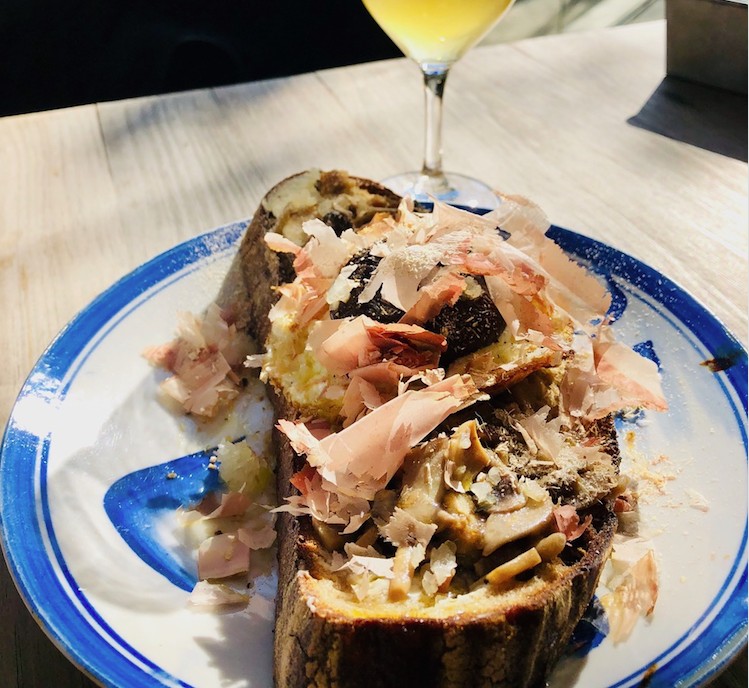
French bakery Viron imports flour from France. Some Tokyo bakeries that use Japanese flour include Ebisu Sora to Mugi to (2-10-7 Ebisu-Nishi, Shibuya-ku), Shinyurigaoka nichinichi (4-8-4 Manpukuji, Asao-ku, Kawasaki-shi) and, leading this trend since 1984, Tomigaya Levain (2-43-13 Tomigaya, Shibuya-ku).
Wafu sandwiches have become trendy as of late. While there have always been breads like anpan, now we are seeing modern twists with the azuki paired with butter and on breads like baguettes or shio pan (salted bread) at 365nichi at Nihonbashi Takashimaya (2-5-1 Nihonbashi, Chuo-ku) and Les Deux Magots at Tokyu Honten (2-24-1 Dogenzaka, Shibuya-ku).
Some bakeries have small eat-in areas. Better yet are the bakeries with cafes. Roppongi Bricolage (6-15-1 Roppongi, Minato-ku) serves tartines (open-faced sandwiches) that are so good I recreated the mushroom and katsuobushi (bonito or skipjack tuna flakes) tartine at home three times that same week. Two others to know about are Karuizawa Sawamura (5-1-6 Minami-Azabu, Minato-ku) and Kamakura Garden House (Log Road Daikanyama 5, 13-1 Daikanyama-cho, Shibuya-ku).
Finally, there are some authentic bagel shops in the capital. Nakameguro Bagel Standard (2-8-19 Nakameguro, Meguro-ku), Maruichi (1-15-22 Shirokane, Minato-ku) and Wise Sons (Maru Bldg. B1, 2-4-1 Marunouchi, Chiyoda-ku) are three that would satisfy any New Yorker.
Japanese shokunin are artisans who master a craft. We are fortunate to have so many dedicated bread makers in Tokyo.

